Once you cross that last finish line of the season, you’re likely to experience a range of emotions: happiness, relief, anxiety—even sadness. While some of us slip into offseason mode easily, others struggle to turn off that incessant buzz in our brain telling us we need to be riding, swimming and running just as much as ever.
The truth is, taking some time off from all training—one to two weeks—is very important for both mental and physical rejuvenation. But what do you do once those two weeks are up? Do you just dive right back in?
These tips will help you make the most of your offseason, allowing you to resume training in the spring with a fit mind and body.
Focus on your weakest link.
1 of 9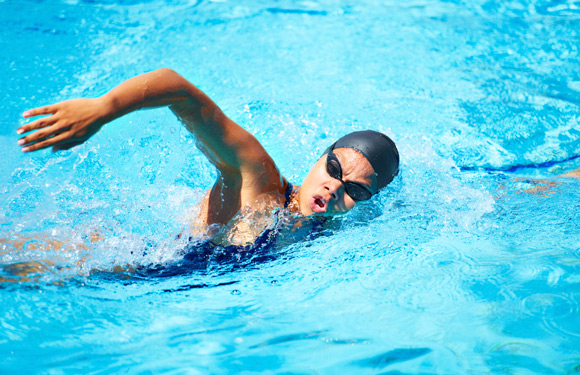
If your PR consistently gets thwarted by a lackluster swim, then the offseason is the perfect time to focus on your stroke. Work with a Masters swim coach or splurge for some swim analysis and really spend some time finding out the root of the problem before you work to fix it. Putting in thousands of yards of a bad stroke won't get you nearly as fast as spending a few solid days a week really working on that weak catch through drills and coached swimming.
The offseason means your two strongest disciplines can take a back seat for a couple of months. Trust that when you start up in the spring with a new and improved run gait, swim stroke or bike power it'll make your base training that much more rewarding and enjoyable.
Find a
triathlon.Take off the watch.
2 of 9
If you're like most multisport athletes, you live and die by the data. Let the offseason be a chance to free yourself from the analysis for a while and remember why you love swimming, biking and running in the first place.
When you head out the door, just go. Don't contemplate mileage or minutes. Let your body tell you how far it wants to go. Some days you'll be surprised by the mileage you end up going, other days you might decide to turn back and head to that new coffee shop instead. Allow those variations to occur—it's you learning how to really listen to your body, and it's a skill that will serve you well next season.
Find a
triathlon.Reconnect with non-triathlon hobbies.
3 of 9
When you're head-long into racing season, your weekends often become a blur. That book club or those guitar lessons either get shelved entirely, or you start to look at them as annoying obstacles to your performance goals. But the fact is at one point you took them up out of a genuine passion for reading or music. Let those passions be reignited for a while.
Or, take on a new hobby for a few months. Many endurance athletes, for example, become yogis in the winter months. Instead of sweating things out on the trails, they spend November and December in a yoga studio getting a different type of burn that helps them start the next season limber, strong and ready to work.
Find a
triathlon.Make your most ambitious race calendar yet.
4 of 9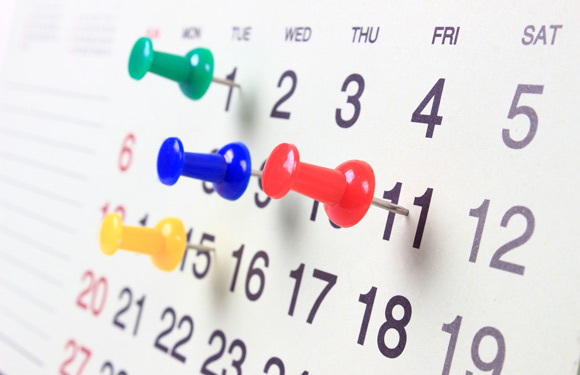
The offseason might as well be renamed the dreaming season. Thinking of finally taking the plunge and signing up for an IRONMAN? Write out a race calendar, and possibly even a training plan, that makes it possible. Seek out a coach to help you meet your goals and improve your race-day performance. By setting clear, organized goals you can bring in some real excitement in the early part of the season. You'll also have more focus and clarity as to what your race season will look like, which often helps keep you on track with training.
Find a
triathlon.Focus on nutrition.
5 of 9
Sure, the offseason also coincides with the holiday season, which can derail even the most diligent athlete's nutrition. However, you'll find that with a lower training volume, your body is more open to a slightly more drastic dietary change. It's hard to cut out sugar entirely when you're doing 20-mile training runs, but in the weeks in between holiday splurges, make an effort to make positive dietary changes: increase your green veggie intake, cut out sugar or try going vegan.
While many age-groupers use the offseason to test the limits on their skinny jeans (you've earned it!), most professional athletes use it as a time of cleansing and detoxifying the body before their base training begins. Remember, even small shifts in your diet can have lasting changes for your energy and long-term health.
Find a
triathlon.Try a new sport.
6 of 9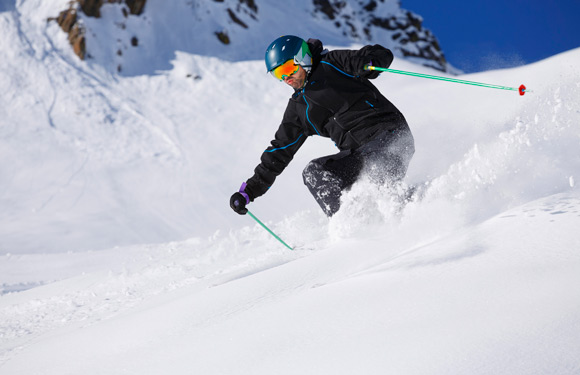
Try losing the goggles, bike and running shoes altogether for a few months and replace them with some different equipment. Skiing (especially cross country) is a great way to stay in shape if you live somewhere with a colder climate. Or focus on water sports like paddling if you live somewhere warm. Whatever it is, just jump in with both feet and let triathlon take a serious backseat for a couple months. You'll be ready to start back up again with a fresh outlook (and possibly some different muscles) come spring.
Find a
triathlon.Learn to trust the rest day.
7 of 9
When you're following a training regimen and preparing for races, it's easy to get anxious about your rest days. But in those few offseason months, what real difference will it make to take one to two days a week and just do nothing? You might be surprised to find out how much more energy and stamina you have for your regular workouts with that extra rest. Use that as a lesson during the next season so you respect your rest days and don't sneak in extra workouts for no reason.
Find a
triathlon.Hit the gym.
8 of 9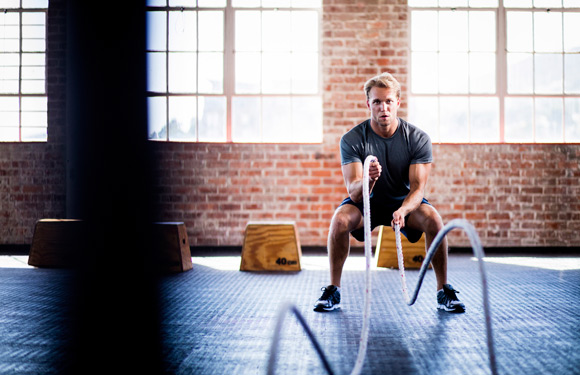
The offseason is the perfect time to focus on strength and injury prevention. If you have a nagging overuse injury, now's the time to go to your physical therapist and actually do those band exercises he's been telling you to do all year. Even if you're not injured, you can use this time to focus on building a strong foundation so that once training starts you are a lean, mean, powerful machine. If you don't know where to start and don't have a coach, try getting a book on strength training for triathletes or runners and follow their plan.
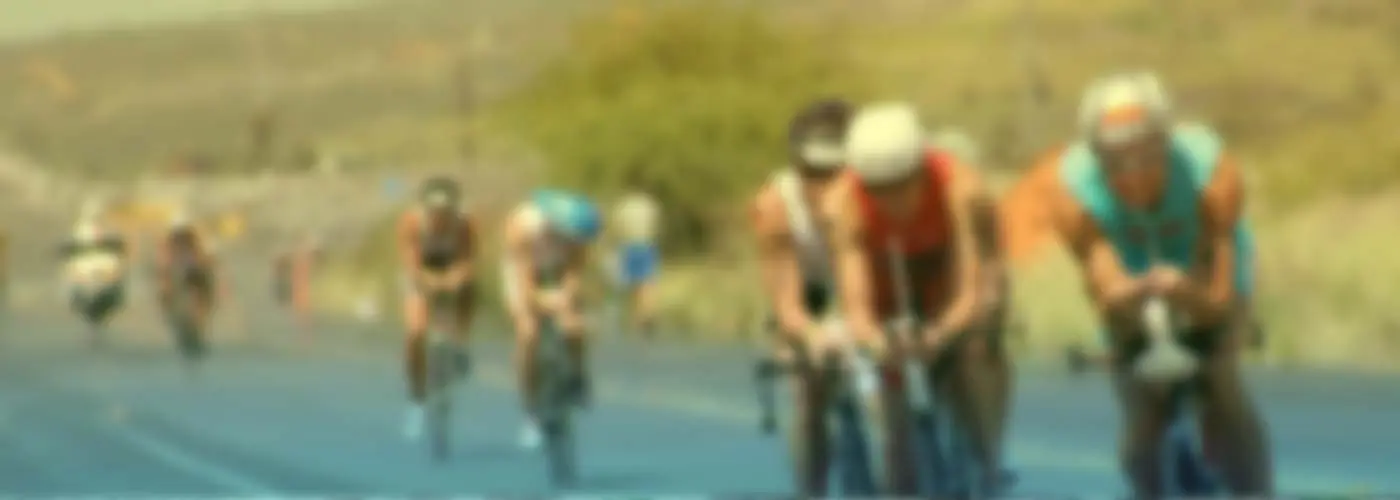






Discuss This Article